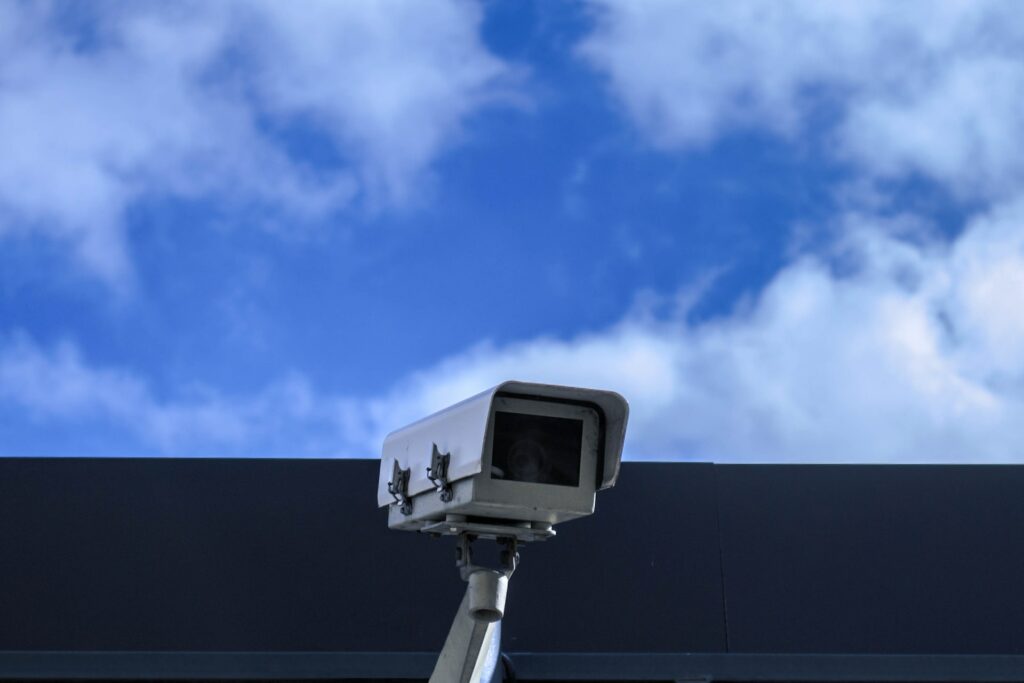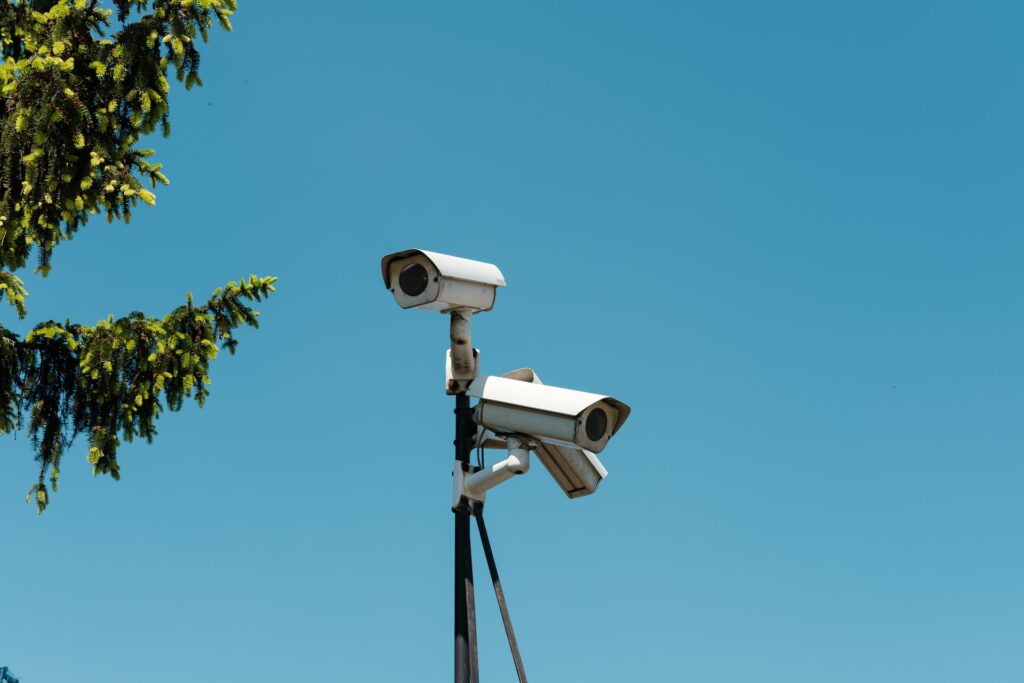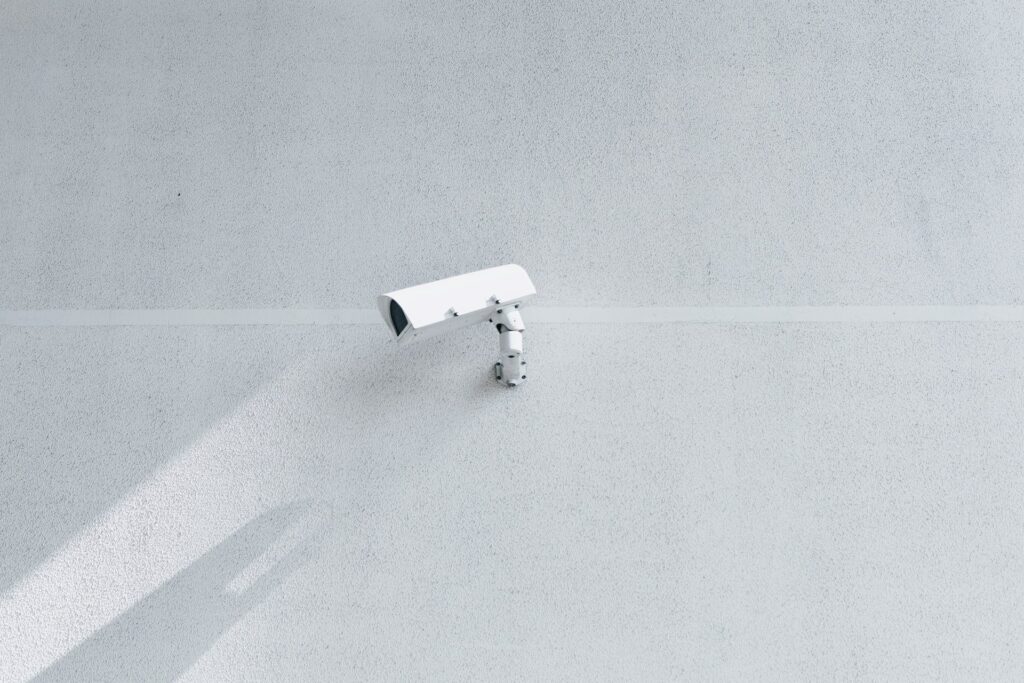Ensuring the safety and security of your business premises and assets is of utmost importance in today’s increasingly complex and threat-prone environment. However, choosing a security system for your office or business involves more than just purchasing technology. It requires a comprehensive process of identifying the protection you truly need.
Let’s explore how you can begin your organization’s business security system installation process.
Identify Your Security Needs
Your business needs a robust security strategy to ensure the safety of your organization’s assets and uninterrupted business continuity. The foundation of any effective security plan is a thorough understanding of your current vulnerabilities and requirements.
Once you have the necessary information, you can tailor your security system to meet your business’s specific challenges and demands.
Conduct a Thorough Security Assessment
Start by asking critical questions about your business and what you’re trying to protect. What is your primary concern? Do you need surveillance, monitoring, life safety alarms, or a combination of these? What kind of assets or information do you need to protect?
Identifying your needs helps you target the type of business and office security system most relevant to your business. For instance, a warehouse will have different security requirements to an office.
The following are some points to consider during your security assessment:
- The size and layout of your premises
- Potential entry points and vulnerabilities in your establishment
- Valuables or sensitive information housed in your offices
- The number of employees and visitors your office handles daily
- Current security system capabilities
Evaluate Compliance Requirements
Depending on your business type and location, legal or regulatory standards may dictate specific security measures. Whether it’s data protection laws for IT firms or access controls for manufacturing plants, compliance is a crucial aspect of your security needs assessment.
Failing to meet these requirements can lead to severe penalties and increased risk of security breaches. For this reason, reviewing relevant legislation and industry standards is vital to ensure your security system meets all necessary compliance requirements.
Review Historical Incidents
An effective way to assess your security requirements is to examine previous security incidents that have impacted your business or similar organizations. By analyzing these incidents, you can identify vulnerabilities in your current security setup and learn from past mistakes to prevent future breaches.
Incidents like unauthorized access, data theft, or vandalism can provide valuable insights into the threats your security system needs to address. Using this knowledge, you can make informed decisions that enhance the resilience of your business against potential threats.
Explore Security System Options
Once you have a solid grasp of your security requirements, you can examine the different technologies available for security systems. To help you make an informed decision, consider the following essential components when choosing a security system:
Alarm Systems
Modern security alarm systems for business operations serve as the first line of defense, capable of distinguishing between routine activities and genuine threats, thus minimizing false alarms. They are designed to alert you and the monitoring service in an emergency, ensuring a quick response.
Access Control Systems
Access control systems are essential for managing who enters and exits your office and when. They can range from simple keypads to advanced biometric systems, allowing you to restrict access to sensitive areas and track every movement within your premises. Cloud-based access control systems offer remote management, enabling you to grant or revoke access permissions from anywhere.
Intrusion Alarms
Business alarm system installation notifies you against unauthorized entries using door/window sensors, motion detectors, and broken glass detectors. Customizing these systems to your business premises’ layout and the required sensitivity level is crucial for their effectiveness in detecting and alerting you to intrusions.
Surveillance Cameras
Video surveillance cameras act as a deterrent and aid in gathering evidence during an incident. The latest surveillance cameras come with high-definition recording, night vision, and even AI-powered analytics for unusual activity detection, providing comprehensive coverage of your premises.
Choose the Right Security System Provider
After identifying your security requirements, the next crucial step is knowing how to choose a security system provider that can effectively meet your needs. Here’s what to consider to ensure you make the best choice:
- Reputation and Experience: A provider’s reputation in the market is a testament to their reliability and the quality of their services. Look for companies with a solid track record of delivering effective security solutions to businesses like yours.
- Customization and Scalability: Your business is unique, and so are its security needs. The right provider should offer customizable security solutions tailored to your specific requirements and scaled to accommodate changes to ensure continuous protection.
- Ongoing Support and Monitoring: Effective security does not end with installation. Opt for a provider that offers comprehensive ongoing support and monitoring services. This includes regular maintenance checks, software updates, and 24/7 monitoring for any security breaches.
- Integration with Existing Systems: If your business already has some security or IT systems in place, selecting a provider who can integrate the new security solutions with your existing infrastructure is crucial. This ensures a seamless operation, reducing potential compatibility issues and maximizing the effectiveness of your overall security strategy.
Safeguard Your Business Assets With Advanced Security Solutions
As a business owner, it is crucial to recognize that security systems are not merely additional expenses but rather an indispensable investment in the continuity of your business operations. By implementing a comprehensive security strategy, you can ensure the protection of your business assets and employees by guarding against potential threats.
At Aeon Systems, we specialize in providing top-notch security solutions for businesses. We understand that each business has unique security requirements and budget constraints. This is why we offer customized business security system installation services tailored to meet your specific needs. Our experienced security professionals and technicians personally oversee the installation of your chosen security systems, ensuring that your business is protected against potential threats.
Contact Aeon Systems today to get started!




